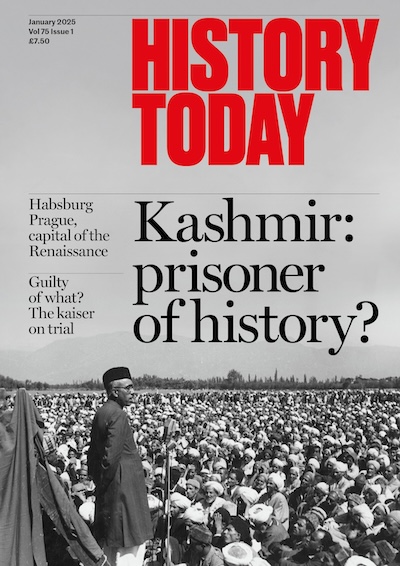Downfall or Liberation?
Eberhard Jackel draws on Nazi security reports to chart the change in German public opinion in the last year of the war and discusses the shifts in psychology that have enabled modern Germany to come to terms with, and move on from, the crimes of the Third Reich.
Ten years ago, delivering his now famous speech on the fortieth anniversary of the end of the Second World War, Richard von Weizsacker, President of the Federal Republic of Germany, spoke emphatically. 'May 8th was a day of liberation. It freed us all from the inhumane system of National Socialist rule'. Accurate as this remark was, in 1945 most Germans by no means greeted the end of the war as a liberation. Aside from persecuted groups and prisoners in concentration camps, almost no one felt liberated. They did not even feel relieved that hostilities and air raids had ceased. Germans unanimously called the event a downfall, meaning not only the fall of the state, but the collapse as well of their hopes and desires.
Otherwise every German experienced the war's end in his or her own particular way. Most of the country was already occupied by foreign troops by the time capitulation was announced. For the majority, the decisive transition came in the moment when the town where they lived changed occupying forces, or when they had to flee.





